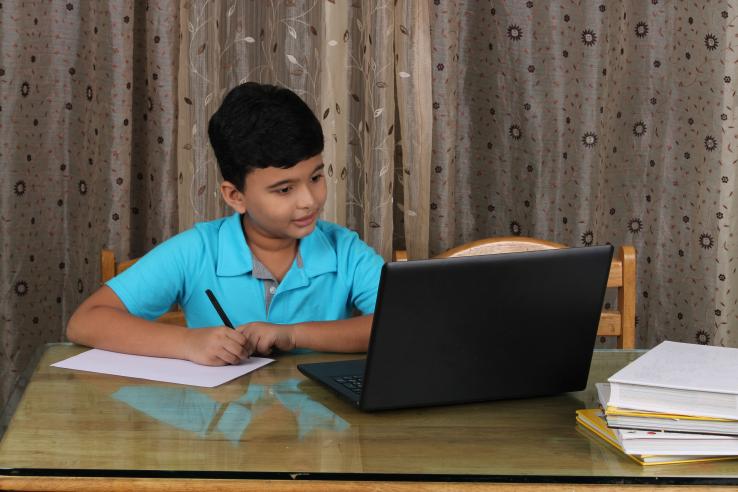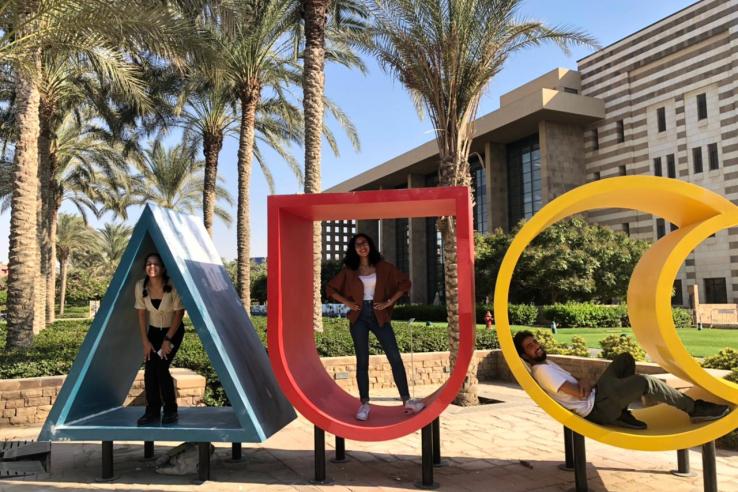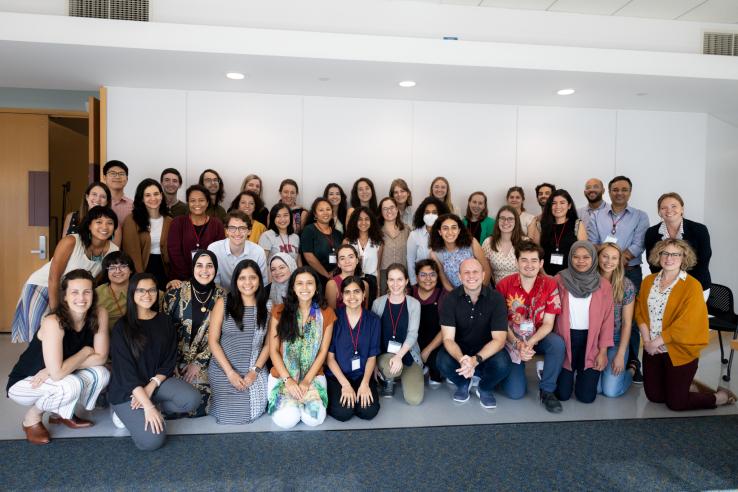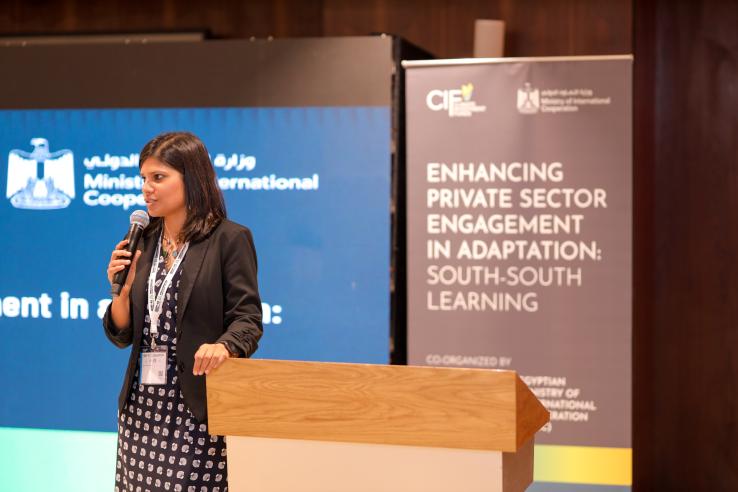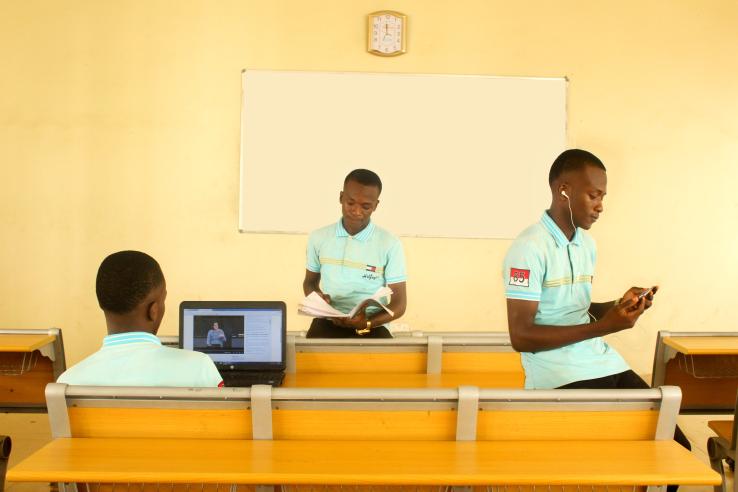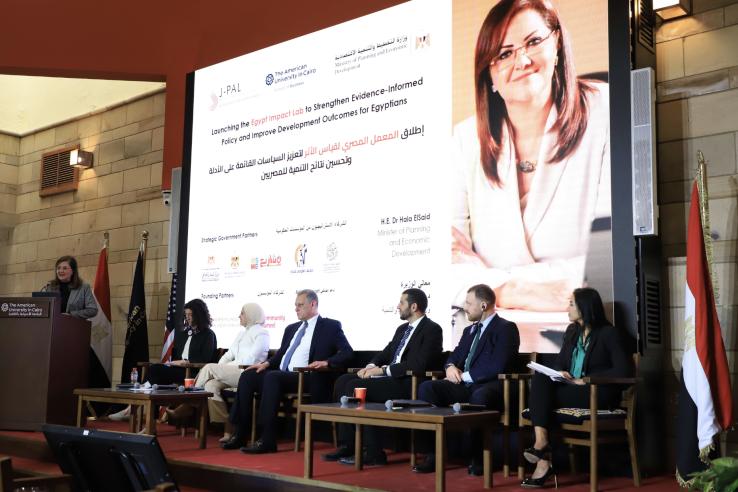Displaying 2941 - 2955 of 8340
Blog
The Amazon Forest–covering over nine countries in Latin America–has an essential role in the environment and climate. Which policies are the most effective in protecting it and reducing its deforestation? The blog post outlines some open policy questions for randomized evaluations to conserve the...
Update
J-PAL Updates
Our November 2022 Newsletter features J-PAL’s new Science for Progress Initiative, conversations at COP27, and research addressing maternal health in North America.
Blog
During the Covid-19 pandemic, online tutoring emerged as a potential solution to education challenges resulting from school closures on a massive scale. We are just having a first glimpse of the consequences of the pandemic on students’ outcomes—and it does not look good.
Blog
J-PAL MENA at The American University in Cairo (AUC) welcomed its first cohort of interns in June 2022 as part of a new summer internship program. The program is designed to facilitate engagement with regional development challenges through integration with J-PAL MENA’s work across the Policy &...
Blog
In this Affiliate Spotlight, Elizabeth Linos, Faculty Director of The People Lab at the Harvard Kennedy School of Government, discusses her research interests in understanding the government workforce, improving service delivery, and improving the process of evidence-based policymaking.
Event
J-PAL Global is excited to launch our annual recruitment drive for (Senior) Policy Associates to contribute to its mission of promoting evidence-informed policy. The 2023 Recruitment Webinar will introduce J-PAL’s mission, the work that we do, and provide an overview of the (Senior) Policy Associate...
Resource
Basic page
Blog
The Alumni Spotlight series highlights J-PAL alumni who are making an impact across industries and around the world. Formerly a policy and training associate at J-PAL South Asia, Neha Sharma ‘12 now leads the Evaluation and Learning Unit at the Climate Investment Funds, hosted by the World Bank. She...
Event
This webinar will go over how the Data, Economics, and Development Policy MicroMaster credential can accelerate pursuit of a master's degree at some of our pathway universities in Africa. We will be joined by Laweh Open University College and Johannesburg Business School.
Project
Researchers developed, implemented, and evaluated an approach to targeting social assistance in Togo based on machine learning algorithms and data from satellites and mobile phone networks to reach the most vulnerable in need of support during the Covid-19 pandemic. They found that the machine...


